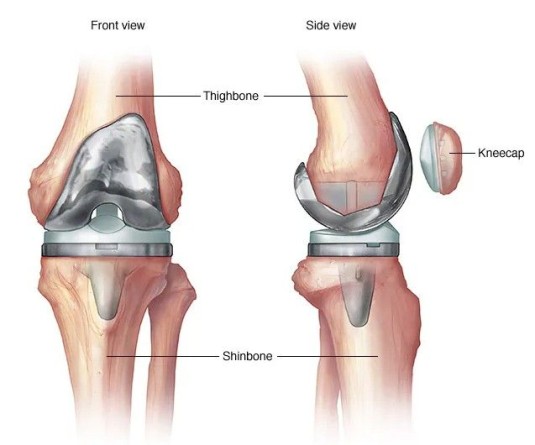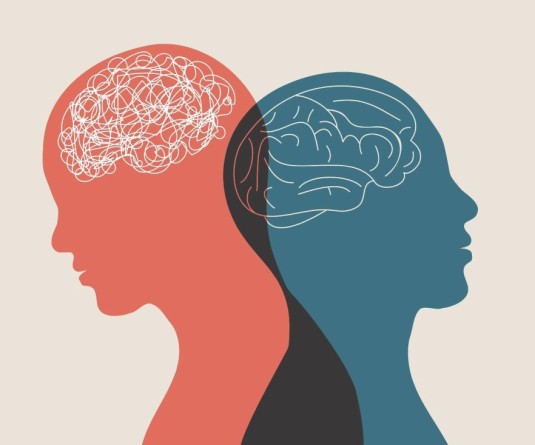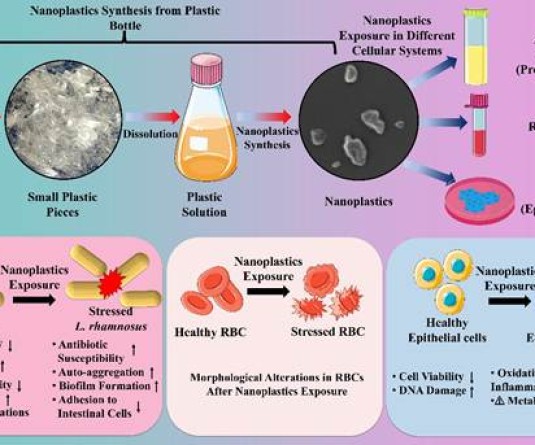IANS Photo

Canberra, July 17 (IANS): Australian researchers have made a discovery they say could improve the effectiveness of drugs used to mitigate the effects of Alzheimer's disease.
In a study published on Wednesday, a team led by national science agency the Commonwealth Scientific and Industrial Research Organisation (CSIRO) compared levels of amyloid plaques, forebrain shrinking and cognitive decline in 475 Alzheimer's patients with varying levels of cognitive impairment, Xinhua news agency reported.
The research discovered that atrophying, or shrinking, of the basal forebrain, a key region of the brain for memory and learning, could indicate the presence of Alzheimer's disease before symptoms occur.
Ying Xia, lead author of the study from the CSIRO's Australian e-Health Research Centre, said that early diagnosis is critical to manage the symptoms of Alzheimer's and that the findings could assist in the ongoing development of drugs to reduce the decline in brain function of patients.
"Currently, drugs available to manage cognitive decline in Alzheimer's are only effective in up to 30 per cent of cases," she said in a media release.
"We think we can improve on that figure, by increasing our understanding of the role played by the system targeted by the current drug treatment regimes."
Alzheimer's disease is a neurodegenerative disease that causes the brain to shrink and brain cells to eventually die, affecting memory, thinking and behavior. It is the most common form of dementia, accounting for up to 70 per cent of cases globally according to the World Health Organisation (WHO).
Xia said the new discovery could assist the development of drugs currently undergoing regulatory approval that clear amyloid plaques, abnormal clusters of protein fragments that are characteristic features of Alzheimer's, from the brain.
The plaques build up between nerve cells in the brain of Alzheimer's patients, disrupting communication and causing inflammation and cell damage.
Xia said the new drugs to clear plaques were promising but that it is not yet known whether targeting them addresses the underlying cause of memory and attention decline.






